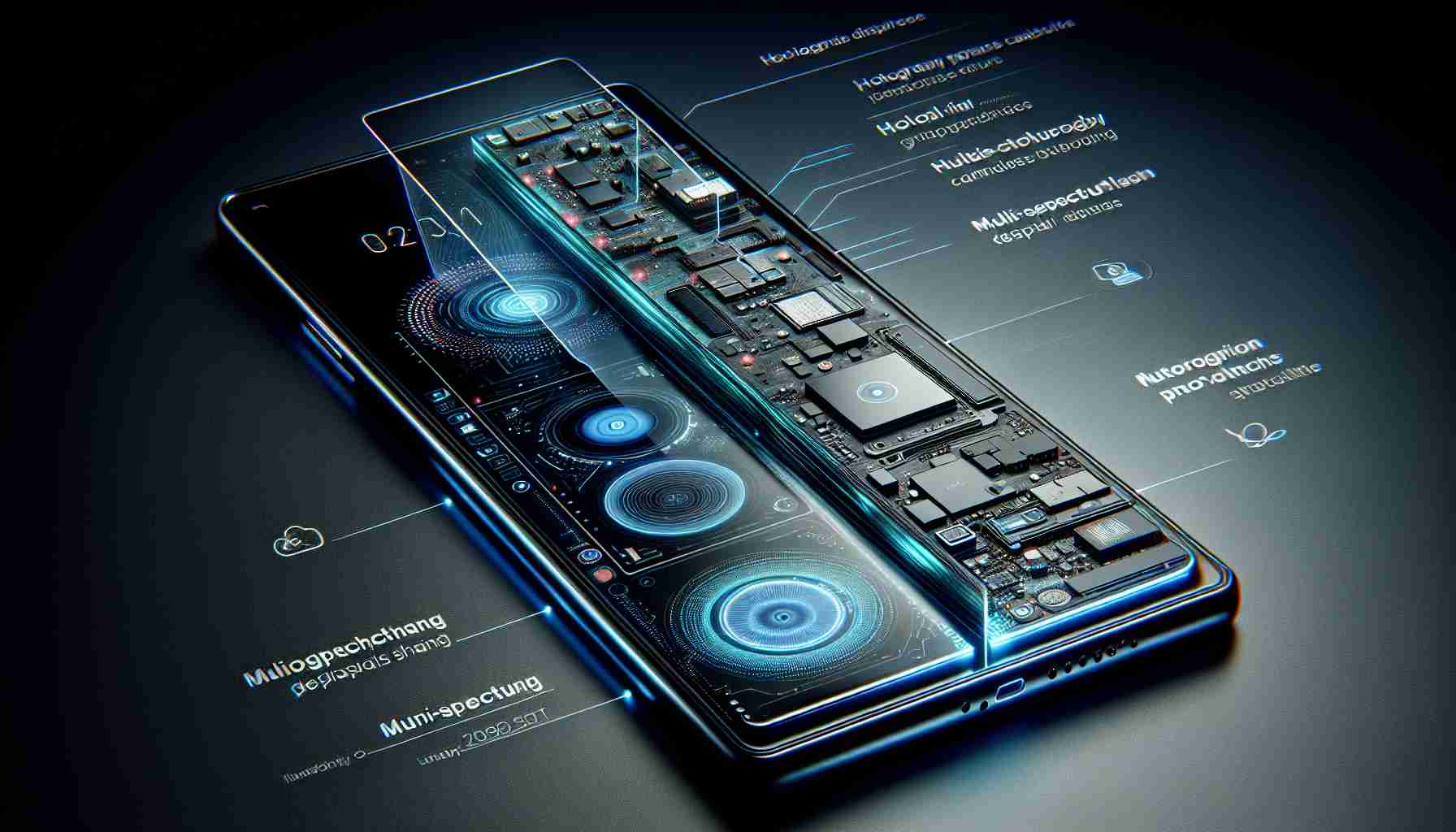Major smartphone brands are gearing up for a monumental shift in the industry, with the integration of advanced AI capabilities setting the stage for a new era of innovation. While the competition intensifies among tech giants, the focus is on enhancing user experience and functionality. Recent reports indicate a significant surge in the adoption of AI-powered smartphones, with Apple poised to make a notable entry into the market in the coming months.
Breaking away from traditional norms, Apple’s upcoming iPhone models are set to redefine the standards of intelligence in smartphones, ushering in a wave of cutting-edge features. Through the incorporation of Apple Intelligence, users can expect a seamless integration of AI across various applications, enabling tasks such as text rewriting, transcription, and content summarization with unprecedented ease. The anticipated iPhone 16 series is projected to outperform its predecessor, with shipment targets reportedly surpassing 90 million units, marking a substantial growth trajectory for the brand.
Industry experts speculate on the transformative impact of AI on smartphone ecosystems, foreseeing a shift towards more intelligent and user-centric functionalities. With AI assistants like Siri and Google Assistant evolving to provide enhanced responses and interaction capabilities, the landscape of smartphone technology is poised for a paradigm shift. As brands invest in AI-driven solutions, the future of smartphones appears brighter and more intuitive than ever before.
The Future of Smartphones: Pushing Boundaries Beyond AI Integration
As the smartphone industry embraces the era of advanced AI capabilities, one crucial question arises: How will the integration of AI technologies revolutionize everyday tasks and user experiences beyond the current standards?
Key Questions:
1. What are the next advancements beyond AI integration that will shape the future of smartphones?
2. How will smartphones leverage AI to enhance security and privacy features for users?
3. Will AI-powered smartphones fundamentally change how we interact with our devices and the world around us?
New Developments and Insights:
Reports from tech insiders hint at a potential shift towards AI-driven augmented reality (AR) experiences within smartphones, offering users unparalleled immersive capabilities. This convergence of AI and AR is expected to open up new dimensions in gaming, navigation, and content consumption.
Moreover, the emphasis on AI-driven security features is gaining traction, with biometric authentication methods evolving to incorporate behavioral analysis and facial recognition. This advancement not only enhances device security but also personalizes user interactions for a seamless smartphone experience.
Challenges and Controversies:
One of the core challenges associated with the rapid integration of AI in smartphones is the potential impact on personal privacy. As devices collect vast amounts of data for AI processing, concerns arise about data misuse and unauthorized access.
Furthermore, the race for AI supremacy among smartphone brands leads to a potential fragmentation of AI ecosystems, complicating interoperability and cross-platform experiences for users. Balancing innovation with standardized practices remains a key challenge for the industry.
Advantages and Disadvantages:
Advantages:
– Enhanced user personalization and productivity through AI-driven features.
– Improved device performance and efficiency with AI optimization.
– Seamless integration of AI assistants for intuitive interactions and task automation.
Disadvantages:
– Privacy and security risks related to extensive data collection and AI algorithms.
– Potential exclusivity and compatibility issues arising from brand-specific AI ecosystems.
– Dependency on AI functionalities may lead to reduced user autonomy and decision-making.
For a deeper dive into the evolving landscape of AI in smartphones, explore insights from industry leaders and researchers at Smartphone Futures. Stay informed about the latest trends shaping the future of smart devices and AI integration.























